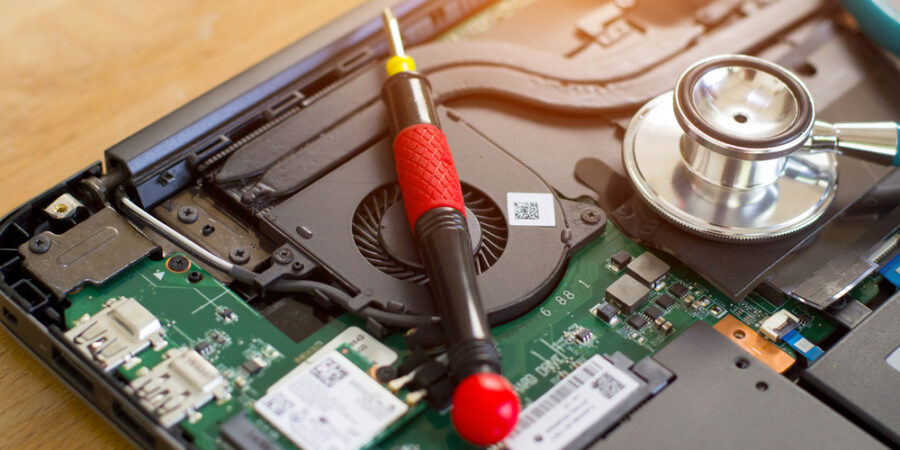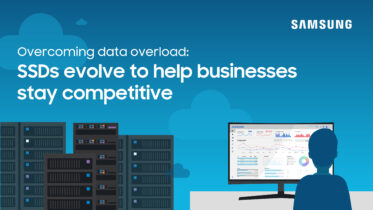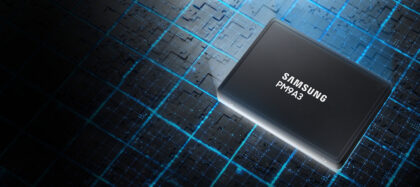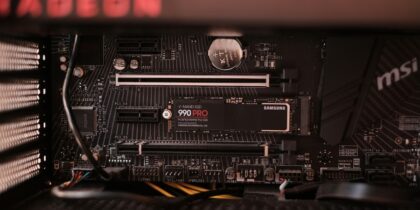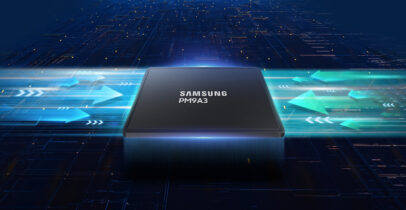Every month, HIPAA Journal, a trade publication focused on HIPAA compliance, details the latest data breaches in the healthcare industry. During the first half of 2023, the journal highlights five instances of data loss due to improper disposal methods1. In some cases, hard disk drives (HDDs) used for patient data storage were not secured after they were no longer needed.
This breach of the unsecured and unencrypted drives puts personally identifiable and protected health information of patients out into the world. Criminals who gain access to them can harvest patient names, addresses, birthdates, Social Security numbers, medical insurance information, lab results, medical record numbers and treatment records, according to the report.
Unfortunately, this kind of data breach is not an anomaly, especially in the healthcare sector, where breaches are all too common today. In fact, more than 59 million patient records2 were compromised in 2022, according to a 2023 report by Protenus — an increase of 18% over the previous year and 46% above 2020.
While most breaches came through hacking, phishing and ransomware, they were not the only causes. Regardless, the onus is definitely on healthcare providers, including individual practice owners, to secure data wherever it exists — or is stored.
Data security solutions in healthcare
Unlike other industries, healthcare data must always be accessible to anyone treating a patient, including doctors, nurses and other healthcare providers — not to mention insurance billers and the patients themselves, who are increasingly asking for access. With this greater transparency comes an equal uptick in the danger to data security, as more access means more opportunity for mistakes.
Thankfully, there is a way to simultaneously allow access and still keep things safe: encryption. Solid state drives (SSDs) automatically encrypt any data written into it. This means that even if someone gains access to the drive, it is extremely difficult to break the encryption and steal the data. As such, it’s not surprising that many healthcare practices are updating their data storage and switching over to SSDs.
Get your complete guide to SSD management
Discover how to effectively adopt and manage SSDs in your organization with this ultimate guide. Download Now
Hardware-based encryption with SATA SSDs
At their most basic, high-capacity SATA SSDs are reliable, fast and secure — characteristics necessary for storing what can be life-or-death patient data. Security is taken care of through SSDs’ use of hardware-based disk encryption via a dedicated crypto processor. In other words, as soon as data is written to the flash, it is encrypted automatically.
While it is possible to encrypt HDDs, there are several problems with using them in the healthcare field. HDDs are inherently slow and unreliable, as they write data to a spinning disk called a platter and use an actuator arm and read/write heads. If a doctor in the emergency room needs to access a patient’s record, they have to wait for the HDD’s actuator arm to locate the data, read it and retrieve it. This can take more time than an SSD because data can be broken up and written to multiple places on the drive.
Speed and versatility of SSDs
SSDs are speed demons compared to HDDs, typically working up to 20 times faster than an HDD and reading up to 10 times faster, according to one analysis. For instance, the Samsung 870 EVO, which can be used in a medical office or hospital department, achieves the maximum SATA interface limit of 560/530 MB/s sequential speeds.
Indeed, using the Samsung 870 EVO SATA SSD, you can quickly and easily move the drive from machine to machine and exam room to exam room, making it possible to take patient care up a notch while still ensuring security and reliability.
In addition, healthcare data centers can tap the Samsung PM893 for its sequential read/write speeds of up to 550/520 MB/s and random read/write speeds of up to 98,000/30,000 IOPS, making it ideal for handling massive amounts of data securely.
With these Samsung SSDs, healthcare organizations and providers can trust that individual data will remain secure.
Learn more about how SSDs support innovations in healthcare technology. Contact a Sales expert today.
1 The HIPAA Journal. “Healthcare Data Breach Statistics.” September 19, 2023.
2 PROTENUS. “2023 Breach Barometer.” 2023.
